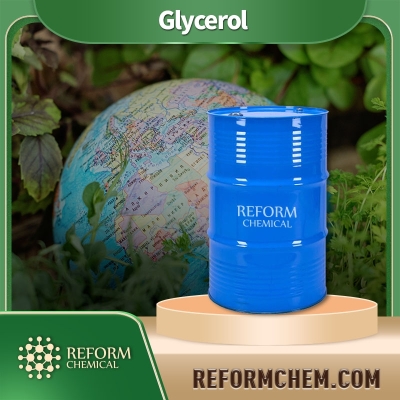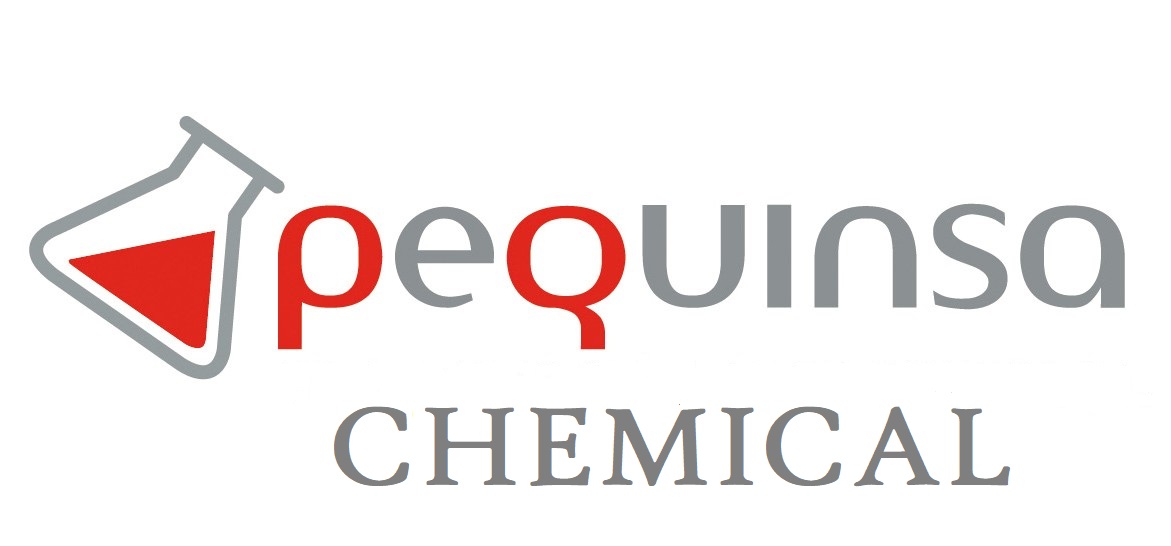-
Categories
-
Pharmaceutical Intermediates
-
Active Pharmaceutical Ingredients
-
Food Additives
- Industrial Coatings
- Agrochemicals
- Dyes and Pigments
- Surfactant
- Flavors and Fragrances
- Chemical Reagents
- Catalyst and Auxiliary
- Natural Products
- Inorganic Chemistry
-
Organic Chemistry
-
Biochemical Engineering
- Analytical Chemistry
-
Cosmetic Ingredient
- Water Treatment Chemical
-
Pharmaceutical Intermediates
Promotion
ECHEMI Mall
Wholesale
Weekly Price
Exhibition
News
-
Trade Service
Irritable bowel syndrome (IBS) is a chronic condition that affects 3% to 10% of the global population
.
IBS is most common
in people and women aged 18-39 years.
Current diagnostic criteria for IBS are recurrent abdominal pain with an average of at least 1 day per week in the past 3 months, accompanied by 2 or more of the following symptoms: pain associated with bowel movements and/or pain and/or frequency associated with altered stool patterns
.
Evidence suggests that abdominal pain is more frequent and bothersome
in patients with constipated IBS (IBS-C) than in patients with other subtypes.
Due to its heterogeneous pathogenesis, there is no single effective treatment for IBS, and patients with similar symptoms may respond differently
to the same treatment.
Less than 15% of IBS-C patients in the United States report being very satisfied with over-the-counter treatment, and less than 20% have tried a prescription drug
approved by the U.
S.
Food and Drug Administration (FDA).
Linaprotide is a 14-amino acid synthetic peptide agonist of guanylate cyclase C approved by the FDA for the treatment of IBS-C at a dosage of 290 μg
.
One trial in patients with IBS-C used a new abdominal symptom scoring system derived from average scores for multiple abdominal symptoms (pain, discomfort, and bloating), indicating that linalocide significantly reduced the overall abdominal score
compared to placebo.
Therefore, this study aimed to investigate the temporal relationship
between linanoclotide and symptomatic response in placebo-treated patients.
Data for this study were drawn from four randomised controlled trials
.
Analysis of reaction times for abdominal symptoms (pain, discomfort, and bloating) and total spontaneous defecation (CSBM) using the Kaplan-Meier method; Patients are classified as early responders (≤ 4 weeks), late responders (> 4 to 12 weeks), or non-responders
.
The results showed that out of 2350 patients (1,172 placebo and 1,178 linalocide (290 micrograms)), more than 50% of IBS-C patients experienced a ≥30%
reduction in abdominal pain, discomfort, or bloating within 3 to 4 weeks after initiation of linafluotide treatment.
The median time to reach ≥3 CSBMs is 4 weeks
.
Although not all patients treated with linalocotide responded within 12 weeks, between 4 and 12 weeks, 1 in 6 patients developed abdominal pain and about 1 in 10 patients developed CSBM
.
Comparisons of early responders, late responders, and non-responders with the two definitions of response suggest that women, whites, and patients with less severe baseline abdominal symptoms are more likely to respond
early.
This study confirms that although more than 50% of IBS-C patients respond to linaclotide therapy within 4 weeks of initiation of treatment, individual benefits in abdominal symptoms and/or CSBM frequency can occur
between 4 and 12 weeks.
Original source:
Brenner, Darren.
et al.
Linaclotide Reduced Response Time for Irritable Bowel Syndrome With Constipation Symptoms: Analysis of 4 Randomized Controlled Trials.
American Journal of Gastroenterology.
2022.







